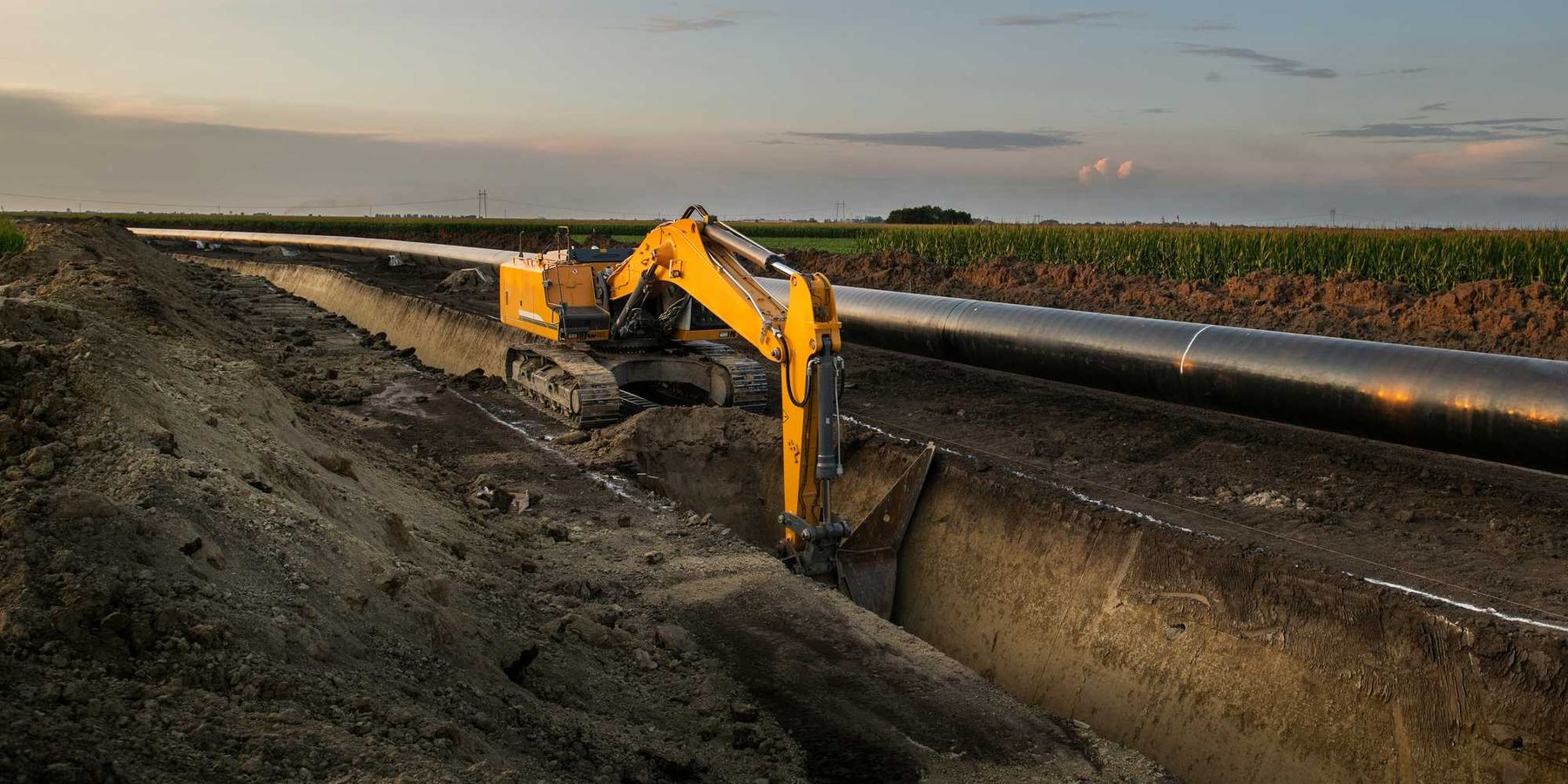Peter Dykstra: Environmental "solutions" too good to be true
From leaded gas to plastic packaging — all too often we “solve” health and environment problems only to learn we’ve created bigger ones.
I've long been fascinated with Thomas Midgley Jr. In the 1920's and 1930's, he was on his way to joining Thomas Edison and Benjamin Franklin as one of the GOATs of science and invention.
Midgley’s two giant discoveries changed lives – in a good way to start, but then in tragic ways. He discovered that tetraethyl lead (TEL) eliminated engine knock, a scourge of early motorists. And his development of chlorofluorocarbon chemicals (CFC’s) as refrigerants revolutionized air conditioning and food storage.
He was a science rock star, until we learned that the lead in TEL was a potent neurotoxin, impairing child brain development; and CFC’s were destroying Earth’s ozone layer.
Oops. He's not alone—all too often we “solve” health and environment problems only to learn we’ve created bigger ones.
Miracle chemicals
Midgley never won a Nobel Prize, but Swiss chemist Paul Müller did in 1948. Müller resurrected a long-forgotten synthetic chemical compound, dichlorodiphenyltrichloroethane, or DDT.
DDT showed a remarkable talent for eliminating some agricultural pests as well as human tormentors like lice and mosquitos. DDT is credited with enabling U.S. and Allied troops to drive Japan out of tropical forests in the Pacific.
Scientist and author Rachel Carson exposed DDT’s other talent: Thinning birds' eggshells, from tiny hummingbirds to raptors like the bald eagle. Bans in the U.S. (1972) and most other nations saved countless species from oblivion.
The peaceful atom
When nuclear weapons destroyed the Japan cities of Hiroshima and Nagasaki, ending World War II, there was little public dissent among Americans. The prevailing argument was that the hundreds of thousands of Japanese citizens killed by the blasts would seem like small potatoes compared to the death toll from a land invasion.
Into the 1950’s, the USSR strove to catch up to the U. S. Through the 1950s and the height of the Cold War, the “Peaceful Atom” became a civic goal. Atomic Energy Commission Chair Lewis L. Strauss saw a future with “electricity too cheap to meter”. The Eisenhower Administration proposed creating a deepwater port at Point Hope, Alaska, by nuking a crater in the Arctic Ocean.
In the 1960's and 1970's, fervor to build nuclear power plants grew, then began to wane as concerns about costs, nuclear waste disposal, and safety grew. If the 1979 near-disaster at Three Mile Island chilled Wall Street’s interest in commercial nuclear power, the calamitous 1986 Chernobyl meltdown nearly finished it off.
Bridge fuel?
Nuke power’s “carbon-free” status kept industry hopes alive for a bit. Then in the early 2000’s, with oil men George W. Bush and Dick Cheney at the helm, came a bold play by the oil and gas industry.
Hydraulic fracturing -- fracking – was a relatively new take on extracting natural gas from previously unreachable places. Fracking promised a “bridge fuel” that could wean Americans off dirtier fossil fuels en route to a clean energy future.
So tempting was the bridge fuel pitch that the venerable Sierra Club took in an estimated $25 million from fracking giant Chesapeake Energy to help Sierra’s “Beyond Coal” campaign.
Meanwhile, cheap fracked gas undercut both coal and nuclear in energy markets just as multiple trolls peeked out from beneath the bridge: Fracking’s huge climate impacts from methane releases and its rampant use of water and toxic chemicals.
But wait...there’s more!
Years of clogged landfills and trash-choked creeks highlight the worldwide failure of plastics recycling.
Plastic packaging made life easier for all of us. And easier. And easier. According to the U.N. Environment Programme (UNEP), we now use 5 trillion single-use plastic bags per year. A tiny fraction are actually recycled. The rest find virtually indestructible homes in landfills or oceans. Or, with domestic plastics recycling waning, they’re shipped to the dwindling number of developing nations that will accept them.
We’re failing to learn a century’s worth of lessons from Midgley to DDT to nukes to fracking to plastics. Maybe the least we can do is make sure our solutions actually solve things.
Peter Dykstra is our weekend editor and columnist and can be reached at pdykstra@ehn.org or @pdykstra.
His views do not necessarily represent those of Environmental Health News, The Daily Climate, or publisher Environmental Health Sciences.
Banner photo credit: OCG Saving The Ocean/Unsplash













